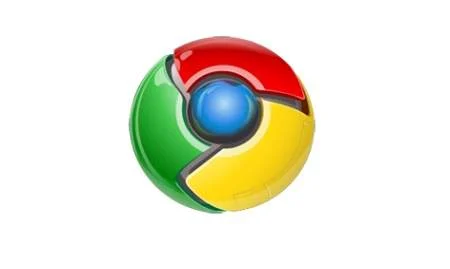If someone were to ask you what gadgets you most wanted this Christmas, you’d likely have a smartphone on the list, perhaps a tablet or maybe a brand new powerful notebook.
But would you be so retro and 2009 as to put a little low powered netbook on there? Isn’t the netbook form factor and spec listing so passé?
Well, Google certainly doesn’t seem to think so and is hoping to bring netbook sexy back with its Chrome OS powered devices due to hit shelves by mid-2011.

Chrome OS devices are something of a Nexus One for the netbook world, with Google hoping to set the bar and define the standard, dictating all the specs and conditions the little lappies must have in order to run Google’s cloud based lightweight OS.
Sure, there may eventually be a ton of vendors coming out with similar spec’d, samey looking Chrome netbooks, but individuality is so 1990s. And besides, we all conform to the god of Mountain View these days.
Google has specified that its initial chromey netbook prototypes will feature a 12-inch display with a full-sized keyboard, a large, clickable touchpad, integrated webcam, 3G/Wi-Fi connectivity, an SSD, Intel Atom CPU and a purported eight hours of active use, plus eight days standby.
All the netbook prototypes will also sport Qualcomm’s Gobi 2000 global mobile Internet offering – and Google has even inked a deal with Verizon to provide data connectivity to Chrome-based netbooks.
But is it enough?
TG Daily asked RCR Unplugged editor Sylvie Barak what she thought of Google’s upcoming Chrome OS strategy only to get a noncommittal shrug.
“Trends come and go in this industry, and it’s hard to predict what will hit the mark six months down the line, but right now, netbooks just seem a little old school, especially with tablets creating all the buzz as the new kids on the block in the tech world,” she told us.

“Still, who knows? Tablets are certainly creating a lot of noise, but a lot of people say they haven’t really found a rock solid usage scenario for them yet and that they don’t satisfy the need of productive computing on the go, being more of an entertainment and media device, so maybe Google will really hit the ultra-mobile productivity market with Chrome OS netbooks.”
Another thing which works in the Chrome OS netbook’s favor is Chrome OS itself, said Barak, noting that Windows had just been a bit clunky and cumbersome for netbooks, but that those netbooks which had tried to use a lighter based linux OS in the past had failed owing to lack of user familiarity.
But with so many people already using Google’s Chrome Browser, Chrome OS stood a large chance of winning over the masses and that combined with Intel’s improved Atom chip and a super-fast SSD, the netbooks could prove extremely zippy and useful.
Anyway, who doesn’t like a light, portable, fast PC?
But then there’s always the cloud computing issue and the fears people still have about storing most of their data in the ether.
Would it be handing too much control over to Google? Do we really want Google controlling everything we do from web surfing to documents to gaming?
What happens if Google has downtime and not just your email, but all your important documents are inaccessible for hours at a time? What happens if you can’t get a connection?
It’s just a bit risky and unnerving. I’m not sure I’d feel entirely comfortable with it.
Thus, reviewing all the pros and cons we have to say the Chrome OS issue still presents us with a largely mixed bag of opinions, but if Google pulls this off, it could certainly redefine the mobile computing niche for the next few years.






